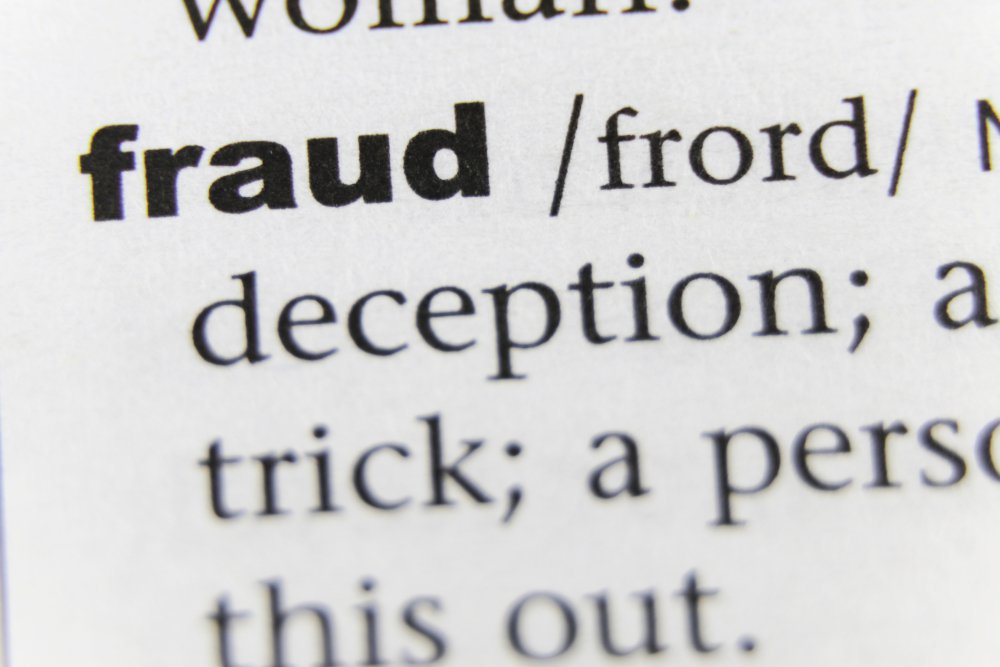Directors and officers (D&O) liability insurance is a necessary risk mitigation tool for many entities. D&O policies protect the personal assets of directors and officers of corporations and other business entities in the event they are sued for committing alleged or actual wrongful acts in managing the business or nonprofit organization. These policies also provide some protections for the entity. But entities and their officers must beware that, like other types of liability insurance, D&O policies have certain exclusions.
Why D&O Insurance Is Needed
It’s not uncommon for directors and officers to be sued by investors, vendors, employees, competitors, or others in connection with their role in the business or organization. Common allegations include misuse of company funds, misrepresentation of company assets, breach of fiduciary duty, wrongful termination, harassment/discrimination, fraud, theft of intellectual property, poaching competitors’ customers, securities violations, and negligence in hiring or supervising other members of the organization who commit bad acts. D&O policies are typically purchased by the entity rather than by an individual officer or director. In many cases, entities need to have a D&O policy in place to attract talented officers and directors and/or to secure venture capital or other funding.
What D&O Insurance Covers
These policies generally provide three types of basic coverage: liability coverage for the individual directors and officers; reimbursement coverage for the company for claims in which it indemnifies its directors and officers; and coverage for the company for corporate liability such as securities claims. D&O policies will reimburse monies paid out for settlements, legal fees, and other costs in connection with covered events. However, D&O policies generally exclude coverage for illegal, dishonest, criminal, malicious, or injurious conduct, including actions aimed at gaining illegal profits. Directors and officers are generally presumed innocent of charges of dishonest or criminal activity, and therefore are covered for defense costs until a final court decision is made against them or they admit wrongdoing. Here is a closer look at some common exclusions.
Insured vs. Insured Exclusion
D&O liability policies generally have an “insured vs. insured” exclusion. This exclusion applies unambiguously to claims between covered directors and officers, both past and present, and to claims brought by an insured company against its former executives. Insurance companies began putting the insured vs. insured exclusion in D&O policies in the 1980s to prevent collusion among insureds, such as when a company sues its officers so that they can all recoup funds from the policy. A gray area concerning this exclusion is when both insured and non-insured parties jointly file a complaint against an insured party. Many courts have found there is no coverage where claims are brought by any insured party, even when they are joined by non-insured plaintiffs, while others have held that coverage is only precluded for claims brought by the insured parties.
Regulatory Exclusion
Many policies exclude coverage for losses arising out of proceedings brought by regulatory agencies, such as the Federal Deposit Insurance Corporation (FDIC). This exclusion was largely introduced to D&O policies in the 1980s, when regulators took control of failed banks in the wake of widespread insolvencies and sued the banks’ former directors and officers in an attempt to recover lost assets. The regulatory exclusion has been upheld by the vast majority of courts.
Securities Laws Violations Exclusion
D&O policies often exclude coverage for claims that involve actual or alleged violations of the Securities and Exchange Act of 1934 and other securities laws. As directors and officers generally manage corporate affairs and control corporate policy concerning how information is disclosed, they may be targeted by claims based on securities laws from unhappy shareholders. If the policy has a securities law exclusion, coverage may be barred for claims that directly or indirectly arise out of or are related to actual or alleged violations of securities laws.
Dishonesty Exclusion
The dishonesty exclusion generally states that the insurer will not be liable to cover any loss in connection with claims made against the insured person for which that person’s dishonesty either brought about or contributed to the claim. The exclusion takes effect when a court judgment or other adjudication establishes that the acts of dishonesty were committed or attempted by the insured person with actual dishonest purpose and intent and were material to the cause of action in question.
If you are involved in a dispute with your business insurance company, contact us. We have the expertise, experience and tenacity to make insurance companies keep their promises to you and your business.

